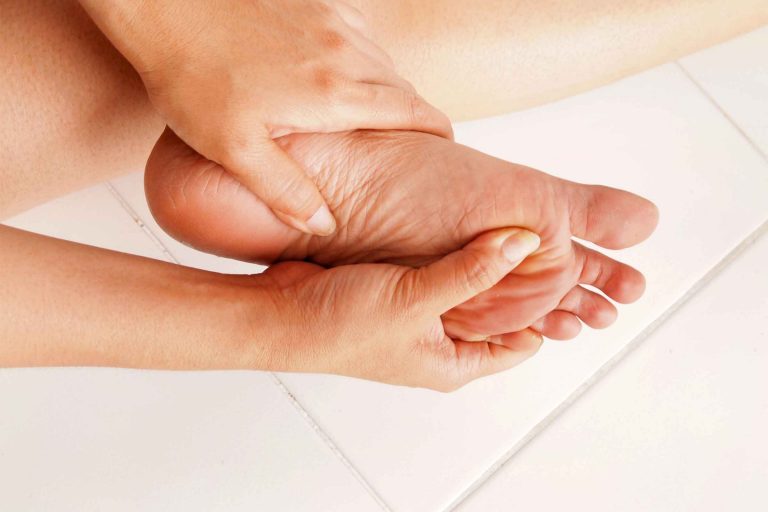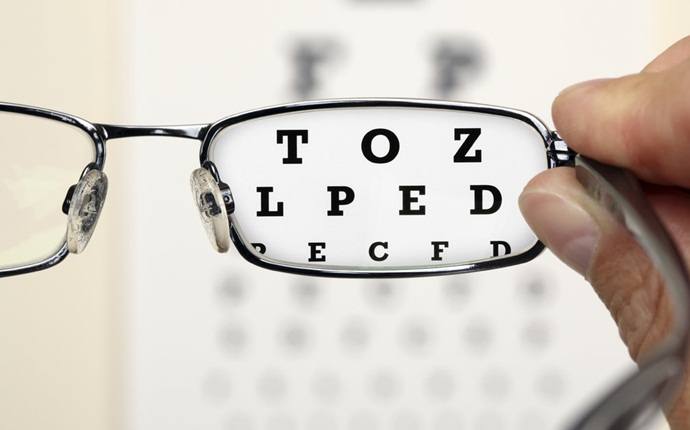
Diabetes
This disease, which affects approximately 30.3 million Americans (9.4 percent of the population), tends to be more severe in women than men. “Researchers speculates that HDL, or ‘good,’ cholesterol, which is normally higher in women than men, may be behind the gender disparity,” says Dr. Movassaghi.
“When you get diabetes, the high triglycerides (blood fats) drive down HDL levels in women—and the combination of high triglycerides and low HDL adds up to a greater risk of heart disease.” Other research is attempting to determine whether or not the sex hormones estrogen and testosterone play a role in why women with diabetes are more vulnerable to kidney disease than men with the same condition.
One thing researchers do know is that women with diabetes are lacking in estrogen, which causes testosterone to creep up. “Studies have indeed found that lower estrogen levels are associated with kidney disease, but it’s not known whether there’s a cause-effect relationship or exactly how the lack of estrogen may contribute to kidney disease,” Dr. Movassaghi explains.
“If there is a sex hormone connection, perhaps women with diabetes could improve their kidney health if the balance between testosterone and estrogen were restored with hormone therapy.” He agrees, however, that more research is needed to validate such an approach.

























